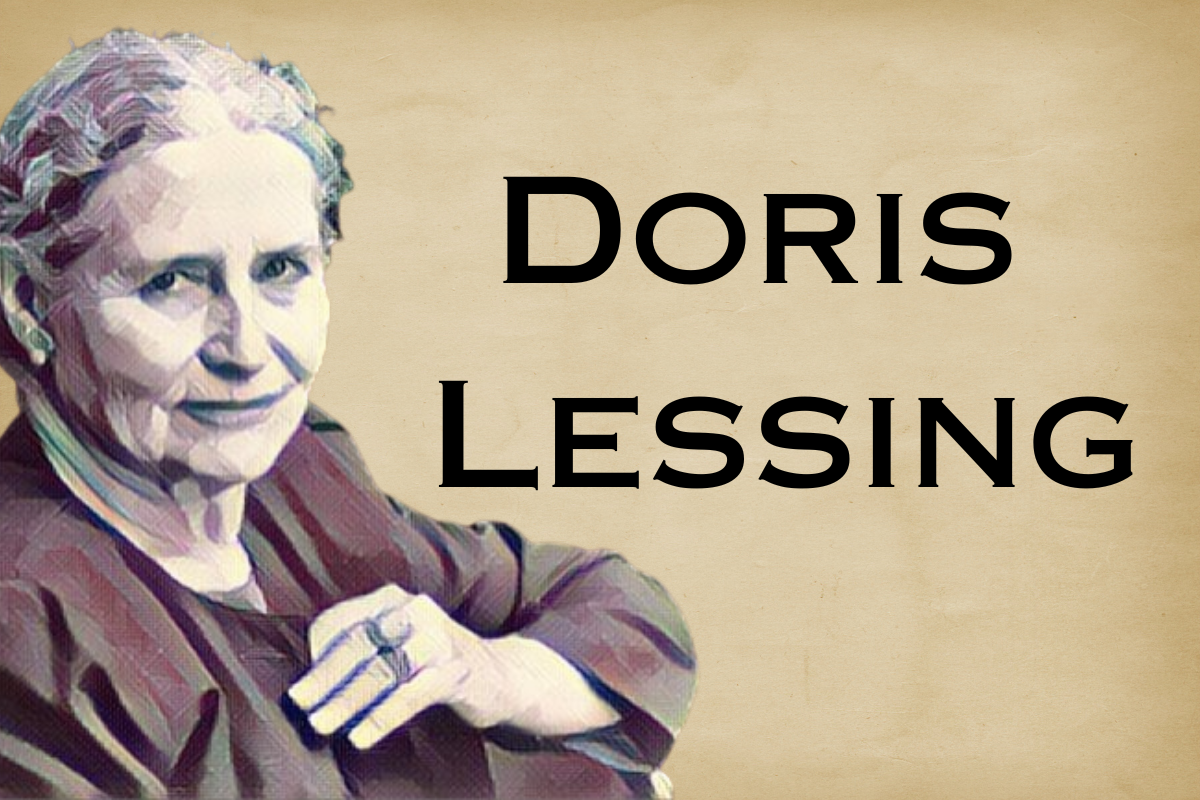C.S. Lewis, whose full name was Clive Staples Lewis, was a renowned British writer and scholar. He was born on November 29, 1898, in Belfast, Northern Ireland. He died on November 22, 1963, in Oxford, England. Lewis is celebrated for his significant contributions to literature and Christian apologetics. Keep reading to know more about books and the writing style of Lewis!

Family Background of C.S. Lewis
Lewis was born into a middle-class family. He became very interested in literature, mythology, and philosophy as a child. His father, Albert Lewis, was a lawyer. His mother, Flora Hamilton Lewis, was the daughter of a clergyman. Lewis had a brother named Warren, with whom he shared a close bond throughout his life.
Tragically, his mother died when he was just nine years old. This event had a big impact on him and influenced some of his writings. He served in World War I. Later, he pursued academic excellence and held positions at Oxford and Cambridge. Lewis was a close friend of J.R.R. Tolkien, with whom he shared a passion for literature and fantasy.
Writing Style of C.S. Lewis
C.S. Lewis was known for his clear writing style. It could engage both children and adults. He wrote clearly and his writing was vivid. He could explain complex ideas in a way anyone could understand. Also, he often employed allegory, metaphor, and symbolism in his works. Lewis’ books were deeply influenced by his love of mythology. They were also influenced by medieval literature and classical philosophy.
C.S. Lewis’s works blend fantasy and allegory, captivating readers of all kinds. He has an innate ability to build imaginative worlds. This is shown in his timeless classics The Chronicles of Narnia and The Space Trilogy. C.S. Lewis transports audiences to ethereal realms. He does this while weaving deep philosophical and moral themes throughout.
Themes of C.S. Lewis
C.S. Lewis wrote about many topics, focusing on Christian theology and ethics. Some of the recurring themes include:
Christianity and Faith: In Mere Christianity and The Problem of Pain, he delved into profound questions concerning the existence of God, the essence of faith, and the enigma of evil. Furthermore, in The Chronicles of Narnia, Lewis weaves Christian allegories. He explores themes of redemption and sacrifice.
Ethics and Morality: Ethics and moral dilemmas feature prominently in Lewis’s works. He discussed the concepts of good and evil, the nature of sin, and the importance of virtue in many of his works.
Friendship and Relationships: His close friendship with J.R.R. Tolkien influenced his ideas. It changed how he thought about the value of friendship. It is evident in works such as The Four Loves and The Inklings.
Imagination and Fantasy: In his view, made-up stories can convey deep truths. Also, he engages readers on various levels. These are apparent from The Chronicles of Narnia and The Space Trilogy.
Nature and Creation: Lewis appreciated nature and used it as the setting for his stories. Nature and creation are recurring themes in his works. They symbolize the beauty of the material world and its connection to the spiritual.
Suffering and Redemption: Suffering and the exploration of redemption are prevalent throughout his works. He delves into the deep question of why suffering exists. He also explores its complex link to faith and divine purpose.
Prejudice and Discrimination: His books address prejudice and discrimination. They do so through their treatment of non-human magical creatures (e.g. house elves, giants) and non-magical people.
Readers still connect with Lewis’s works. They have timeless themes and show his skill at making complex ideas engaging and accessible.
Recommended: Mysticism in Literature | Characteristics and Famous Writers
Notable Books of C.S. Lewis
C.S. Lewis wrote many books in a wide range of genres. These include fiction, non-fiction, Christian apologetics, and fantasy. Here are some of his most notable books:
I. Fiction
1. The Chronicles of Narnia Series (1954): A classic series of seven fantasy novels that include The Lion, the Witch and the Wardrobe, Prince Caspian, The Voyage of the Dawn Treader, The Silver Chair, The Horse and His Boy, The Magician’s Nephew, and The Last Battle. These books are beloved by readers of all ages.
2. The Space Trilogy (1938): A science fiction series consisting of Out of the Silent Planet, Perelandra, and That Hideous Strength. These novels explore themes of theology and morality in a cosmic context.
II. Non-Fiction and Christian Apologetics
1. Mere Christianity (1952): It is a Christian apologetic work. It explores the core beliefs of Christianity and makes a rational case for the faith.
2. The Problem of Pain (1940): Lewis explores the perplexing question of why a benevolent deity would permit the existence of suffering and agony.
3. The Screwtape Letters (1941): It is a satirical narrative that introduces readers to a collection of fictional letters. These are written by a seasoned demon advisor. Through these letters, the demon imparts his wisdom on leading humans astray. He also explores the depths of temptation and sin. This work offers a thought-provoking exploration. It looks into the nature of human vulnerability and moral choices.
4. Miracles (1947): Lewis examines miracles, arguing they are rational and fit with natural laws.
5. The Great Divorce (1945): The novel delves into themes concerning the afterlife. Also, it explores the worlds of heaven and hell. It focuses on telling a story. It doesn’t focus on making theological or apologetic arguments.
III. Essays and Philosophy
1. The Abolition of Man (1943): Lewis critiques the consequences of moral relativism. Also, he argues for the existence of objective values and virtues.
2. The Four Loves (1960): It explores the nature of love in its various forms. This includes affection, friendship, Eros, and charity.
3. A Grief Observed (1961): Lewis’s personal reflections on grief and loss after the death of his wife, Joy Davidman. It’s a raw and honest exploration of the grieving process.
IV. Literary Criticism
1. An Experiment in Criticism (1961): Lewis explores the interaction between readers and literature. It delves into the essence of true appreciation for books.
These are some of the most notable works by C.S. Lewis. But he wrote many more essays, letters, and books on a wide range of topics. His works left a lasting impact on literature, Christian thought, and philosophy.
Famous Quotes of C.S. Lewis
Here are some famous quotes by C.S. Lewis along with the book or context they are associated with:
- “Friendship is born at that moment when one person says to another, ‘What! You too? I thought I was the only one.'” – The Four Loves
- “You are never too old to set another goal or to dream a new dream.” – Mere Christianity
- “Courage is not simply one of the virtues, but the form of every virtue at the testing point.” – The Screwtape Letters
- “To love at all is to be vulnerable. – The Four Loves
- “Some day you will be old enough to start reading fairy tales again.” – The Chronicles of Narnia: The Lion, the Witch and the Wardrobe
- “The future is something which everyone reaches at the rate of 60 minutes an hour, whatever he does, whoever he is.” – The Screwtape Letters
- “There are far, far better things ahead than any we leave behind.” – Letters to an American Lady
- “Hardships often prepare ordinary people for an extraordinary destiny.” – The Chronicles of Narnia: The Voyage of the Dawn Treader
- “We are what we believe we are.” – The Chronicles of Narnia: The Horse and His Boy
- “Humility is not thinking less of yourself; it is thinking of yourself less.” – Mere Christianity
- “There are only two kinds of people in the end: those who say to God, ‘Thy will be done,’ and those to whom God says, in the end, ‘Thy will be done.'” – The Great Divorce
These are just a few of the many memorable quotes from C.S. Lewis’ books.
Recommended: J.K. Rowling | Writing Style, Themes and Books




